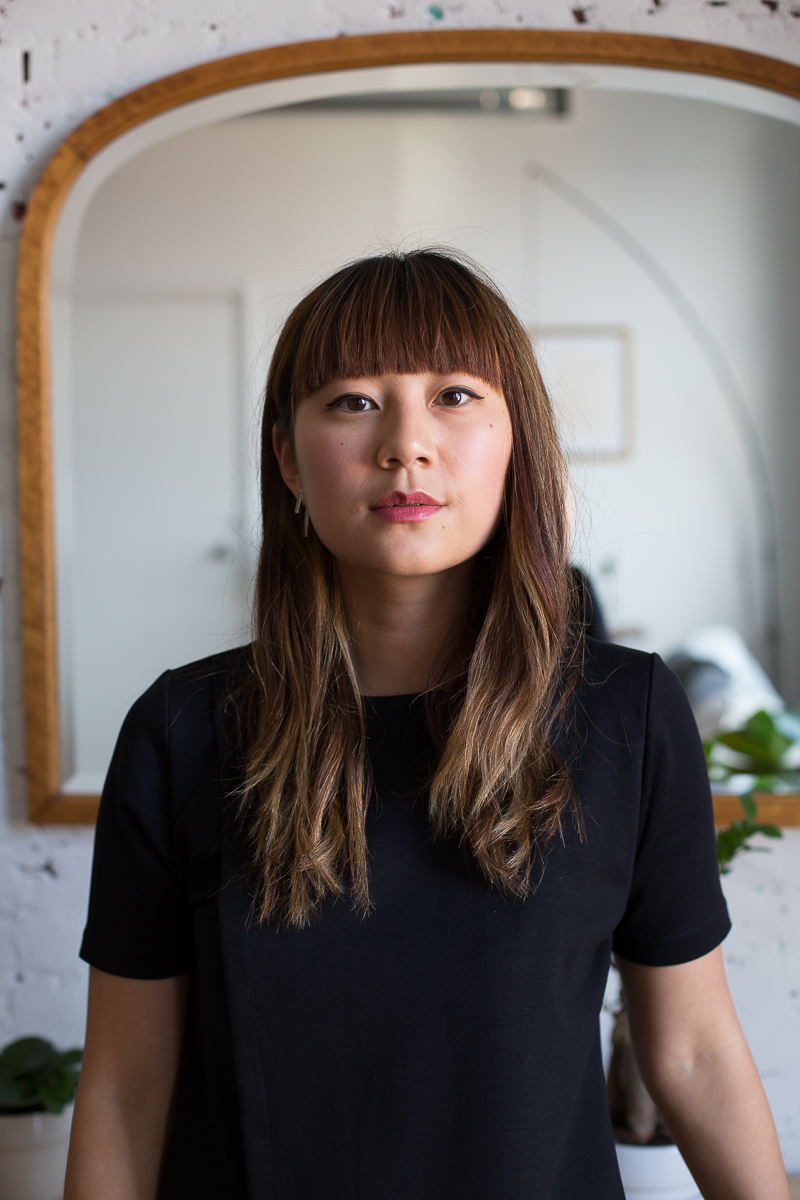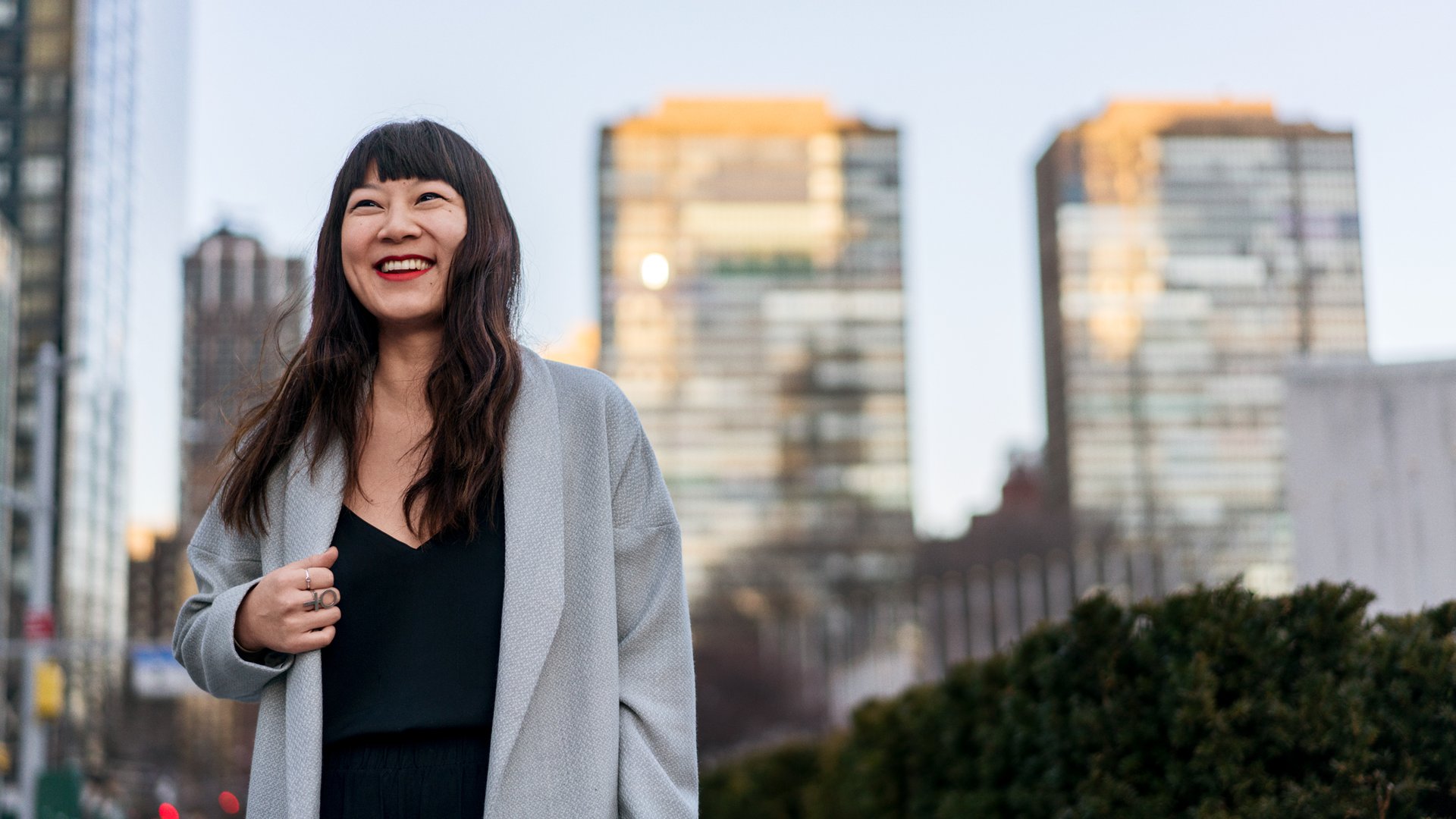Lilian Liu has been working in sustainable fashion for a decade. With a background in partnerships – previously at the United Nations in public policy and sustainability – she is currently a sustainability strategist for Futerra, a change agency and B-Corporation. The role positions her to work with influential brands in order to shape their vision around sustainability.
There are no true criteria or qualifications for those who celebrate or should be recognized during Asian American Pacific Heritage Month. Liu’s background demonstrates her global citizen persona: Swedish-Chinese, she has called New York her home for the past seven years. Her work with brands takes her to all areas of the world.
Tell us a bit about yourself and your career within sustainability.
In 2012, I had just gotten my bachelor degree and pursued an internship in China. I didn’t want a typical commercial or corporate job so I thought, “How can I do a job that has impact associated?” I joined sustainable fashion NGO Redress and we were part of launching the sustainability movement in China. At the time, sustainability wasn’t so established as it is today. We organised some of the first sustainable fashion shows in Shanghai. At Redress, we focused on sustainable design education by going into schools all over the country and sharing techniques such as zero waste and reconstruction to fashion students.
A former colleague of mine at the UN Global Compact and I had the idea to start Fauna – a sustainable fashion e-commerce startup based in Rio, Brazil. Through Fauna, we wanted to challenge ourselves and figure out how to make sustainability accessible.
Backing up…how was it growing up in Sweden? How did you and your family decide to live in Sweden?
My parents are from Shanghai and moved to Sweden in the late 70s. I was born in Gothenburg, the second largest city in Sweden. I spent every summer since I was 2 years old in Shanghai. I was lucky to travel a lot around Europe when in high school with this organisation I was involved with, and during my undergrad I spent a year as an exchange student in France. I had a pretty international upbringing.
Sweden isn’t the most diverse country in the world and quite segregated. I didn’t see a lot of people who looked like me in Sweden. My parents did have a tight knit Chinese community growing up that I didn’t feel that close to. They were mainly my parents’ friends.
How has your heritage and upbringing in different countries shaped the person you are today?
In China, they have these national exams. You see, at the time, everyone was poor. My dad loved to read and happened to score very high on the national exam – and the year he took the test, the Chinese government had started to send students abroad for the first time. My grandmother told me that he would read books under the street lights after dark. It was a small miracle because China had decided to open its borders in 1978 so he was in one of the first groups of people who were told to move to Sweden. At the time, no Chinese aside from diplomats could travel.





